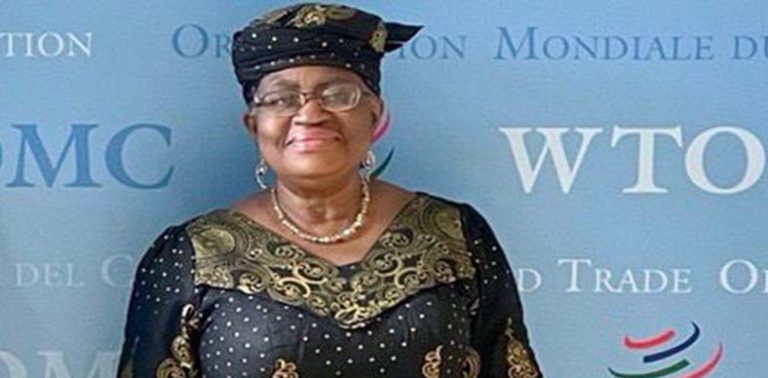According to Ngozi Okonjo-Iweala, the Director General of the World Trade Organisation (WTO) she says Nigeria’s agricultural export sector faces setback as the nation relinquishes its leading position in global markets .
Speaking at the launch of seven trade support programmes in Abuja, Okonjo-Iweala highlighted Nigeria’s failure to meet sanitary and phytosanitary measures required for exportation, leading to rejections of key commodities such as cowpeas and sesame in international markets.
Despite abundant arable land and increased investments in agriculture, Nigeria has transitioned into a net importer of farm produce, jeopardizing efforts towards food sustainability. The nation now spends billions annually on goods it could produce domestically, further exacerbating the trade deficit.
Okonjo-Iweala emphasized the need to rectify trade-related problems on the supply side, pointing out that Nigerian exports face rejection due to non-compliance with international standards. For instance, instances of pesticide residue levels exceeding permissible limits have been detected during health and safety inspections, impacting Nigeria’s sesame exports, particularly to markets like Japan.
To address these challenges, the WTO is collaborating with stakeholders to enhance the capacity of Nigeria’s agricultural value chains. Initiatives such as the Standards Trade Development Facility and the Digital Trade Initiative aim to strengthen food safety measures, bridge the digital trade divide, and establish a technology center for trade-related data and information.
In response, Nigeria’s Minister of Industry, Trade and Investment, Doris Aniete, highlighted the government’s commitment to facilitating trade and investment by implementing policies and mechanisms to remove bottlenecks.
Initiatives such as the Presidential Conditional Grant Scheme and interventions through funds like the FGN MSME and Manufacturing Sector Funds are aimed at providing low-interest loans to scale businesses and spur job creation.
Nonye Ayeni, Executive Director of the Nigerian Export Promotion Council, stresed on the importance of enhancing the quality and standards of sesame and cowpea exports through improved agricultural practices and regulatory controls.



